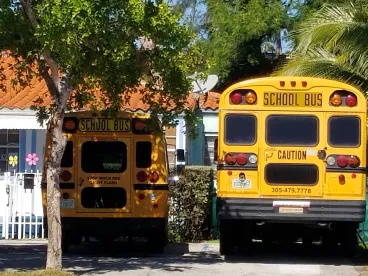Paid holidays for non-teaching school employees are changing again. Effective June 10, 2022, Juneteenth, which is celebrated on June 19, will now be a paid holiday for non-teaching school employees who work 11 or 12 months. A non-teaching employee who works nine or 10 months is not entitled to a paid holiday for Juneteenth under the amended statute. This corrects what has been called a drafting error in the 2021 amendment of R.C. 3319.087, effective September 30, 2021, which added Juneteenth as a paid holiday for non-teaching school district employees who work nine or 10 months, and who generally do not work during the summer break, but not for non-teaching employees who work for 11 or 12 months.
Revised Code 3319.087 is not, however, the last word on paid holidays for non-teaching employees. Revised Code 4117.10(A) allows a public employer and an employees’ union to bargain around many requirements in state law that affect wages, hours, and terms and conditions of employment, including paid holidays. As a result, many collective bargaining agreements between school boards and non-teaching employee unions address paid holidays. In such a case, if a union or board of education wants to add Juneteenth as a paid holiday, or substitute Juneteenth for one of the paid holidays in a collective bargaining agreement, the parties must bargain the change.
If your district’s collective bargaining agreement does not address paid holidays, the district will need to provide the paid holidays specified in R.C. 3319.087, including Juneteenth for non-teaching employees who work 11 or 12 months. Although R.C. 3319.087 only applies to non-teaching school employees hired under the statutory authority in R.C. 3319.081, your district may also want to consider whether to make Juneteenth a paid holiday for other school employees, such as administrators, who also work an 11- or 12-month schedule.
June 19 falls on a Sunday in 2022; thus, it will be observed on June 20 this year.




 />i
/>i


